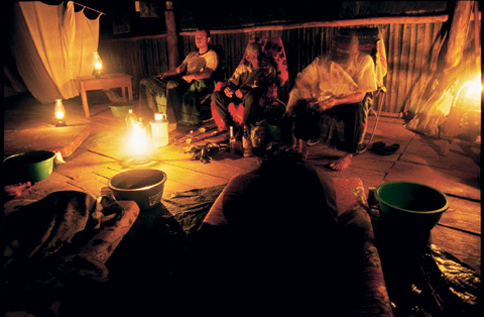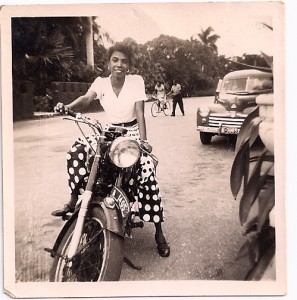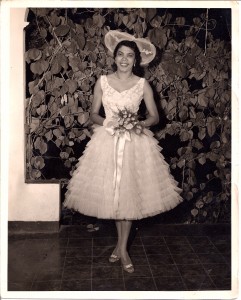
I attended a pretty fancy-schmancy university (Stanford, to be exact). When one graduates in the same class as famous political organizers, U.S. senators, and authors (or authors, or authors), there’s a lot of potential to develop a massive inferiority complex. For years, that’s kind of exactly what I did, i.e., compared myself to my peers, or at the very least, harbored a secret wish that they’d do something like eat bad fish, or stub a toe.
Well…as they say, that was then, this is now. I’m proud to say I haven’t harbored a jealous thought in a long time—probably for the last five or more years. How did I reach such a blissful state of confident Nirvana? How did I stop being a jealous, bitter, dramatic mess?
Here are 7 things that contributed.
- Started taking better care of myself. What you eat really does directly correlate to how you feel, and how you regard yourself. For the past several years (sugar addiction notwithstanding) I’ve focused on consuming lean meats, organic fruits and vegetables, whole grains, and plenty of nuts and legumes. I also exercise regularly and try to spend at least a little bit of time each day being mindful. It’s easy to fall into a pattern of self-pity if your staple food is Kraft Macaroni and Cheese.
- Gave up toxic habits. If you’ve been following this blog, you’ll know I haven’t touched alcohol since 2005. This was a catalyst to find a lot of self-worth outside of a bottle, and led to a lot less drama in my life.
- Focused on accomplishments and the process. I used to scoff at people who said, “It’s all about the process.” Now I’ve discovered, without this being a goal, that I love the process—writing, working with actors, composing shots, editing, and everything having to do with movies. Also, “accomplishments” are such socially defined little bastards. Awards? Of course they feel great. Money? Everyone appreciates getting paid; this goes without saying so I won’t (quite) say it. Finding I have a strong set of friends and cohorts who get excited about my movie projects? Excitement is hard to come by these days, meaning generating it is a major accomplishment.
- Surrounded myself with supporters. This is related to the above. It’s not one-sided—these are the people who love me who I love in return. One might even say “like-minded”. It took many years and a process of elimination, but I reached a point where I easily:
- Identified detractors and steered clear. Know the signs: they never congratulate you on anything, they talk a lot about themselves, they point out your perceived shortcomings in the form of jokes, and they can do no wrong. God bless ’em. I have none of them in my life.
- Had an Eat Pray Love moment. This happened in late 2008. I spent 10 days in the Peruvian rainforest on a shamanic ayahuasca retreat. (After all, isn’t film a controlled hallucinatory experience?) I wouldn’t recommend this for everyone but it worked wonders for me. (It also worked for Isabel Allende in completing her trilogy of adventure books.) Yes, as I communed with the ayahuasca goddess at the edge of the unknown universe, I had a sweeping sense of being a supreme creative being. What did you do this weekend?
- Grew older. The aging process is great for self-esteem. It’s made me mellow out a lot and not care so much about what other people think. When one has to focus on maintaining the energy required to get things done, one has little time for peer comparison. The only person I find myself trying to one-up these days is me.
If you’re currently a jealous, bitter, dramatic mess, I hope you find some pearls of wisdom or some small level of solace in the above. But stop comparing yourself to me—go make your own damn list.


